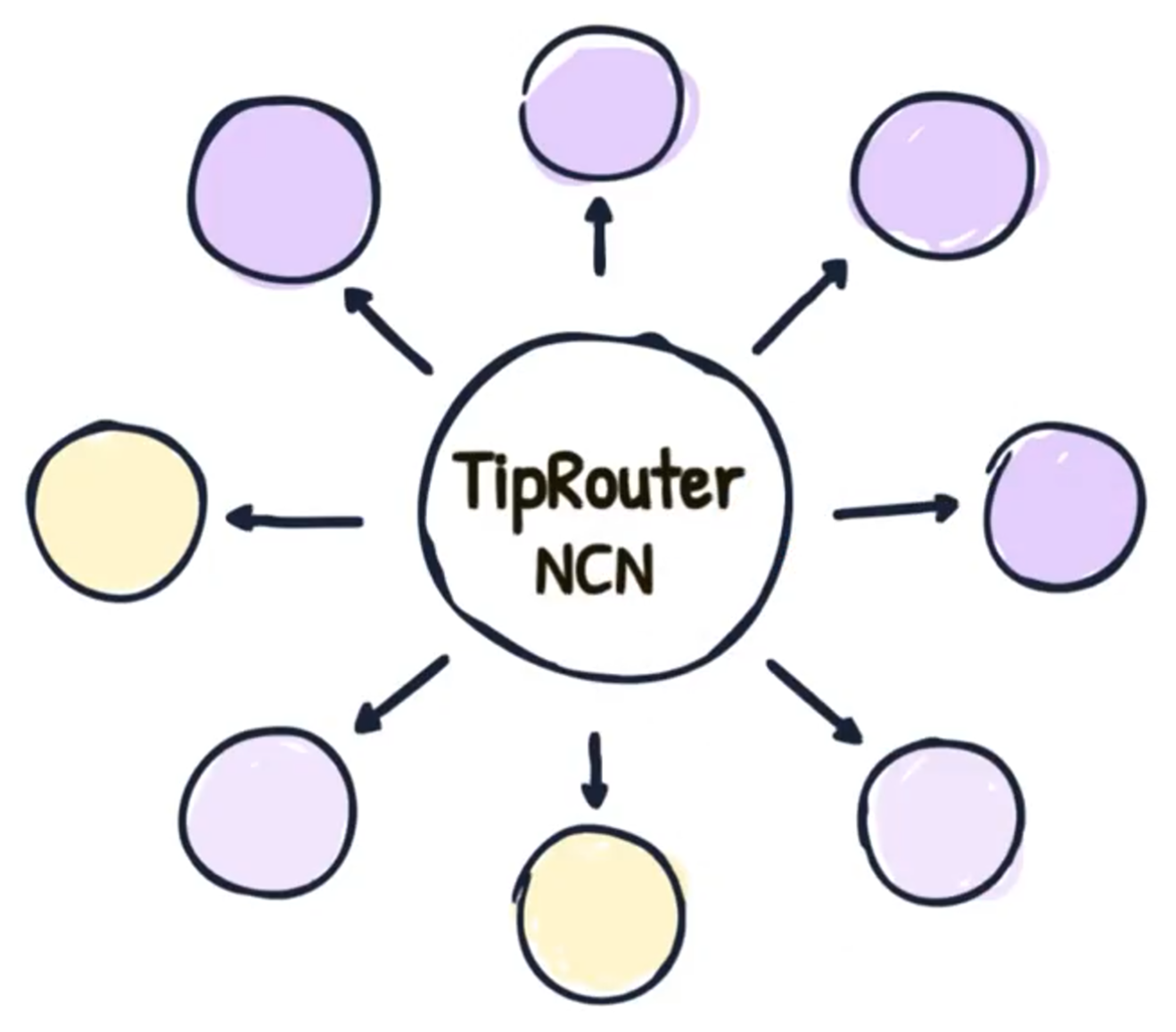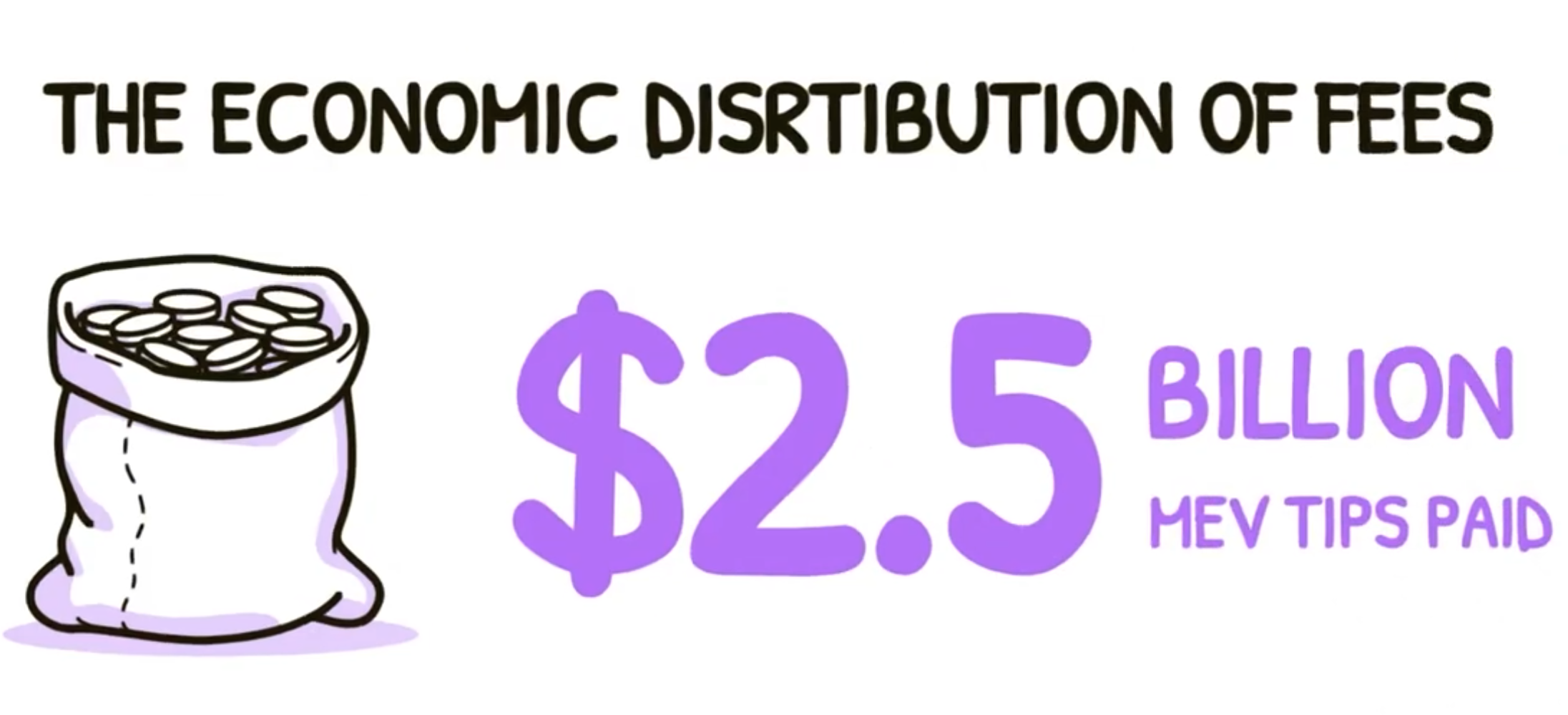For those of you in crypto living under a rock, the Jito Network is one of the key financial pipes of the Solana ecosystem. The network stack includes Jito-Solana (a Solana MEV client), JitoSOL (an LST), StakeNet (an on-chain delegation framework JitoSOL), a restaking protocol (including their own network on the restaking protocol) and more. The Jito DAO exists to serve and maximise efficient economic value exchange across the Jito Network, which has major implications within the Solana ecosystem, and it’s safe to say it dominates the Solana staking stack.
Today, the Jito-Solana client is run by 95% of the network of validators and generates approximately $2.5bn worth of SOL annually in MEV fees for validators and stakers. There’s a lot of great sources out there to learn more about Jito in its entirety, but this writing serves to give you a slightly better understanding of TipRouter and Jito Restaking in more detail.
Jito has rolled out restaking within the Solana ecosystem. The concept of re-utilising crypto-economic security has been paved over the last couple of years with teams like EigenLayer in the Ethereum ecosystem. Where EigenLayer has AVSs (actively validated services) Jito Restaking has NCNs (node consensus networks).
TipRouter, Jito's first NCN, is a decentralised evolution of Jito Network's MEV tip distribution function. Jito DAO came together through votes (JIP-8, JIP-10, JIP-12) in order to adopt the implementation and determine the parameters for distributing MEV tips across the Solana network.
What it does is in the name: TipRouter.
Before TipRouter, the distribution of tips was delegated to Jito Labs. This meant every epoch the Solana network entrusted Labs to generate and upload a merkle root of the correct tip distribution to an on-chain tip distribution program.
Today, TipRouter is a service that decentralizes the tip distribution. The process involves 11 high quality node operators, including Pier Two, generating the merkle root and submitting it to an on-chain ballot box program. In other words, 11 node operators are casting votes on the correct distribution of tips. Once the ballot box program achieves >67% quorum on the same merkle root, TipRouter has achieved consensus and invokes the tip distribution program to initiate distributions according to the canonical winning merkle root. Node operators earn a share of the SOL tips for contributing to consensus. The Jito team also provided a great video overview here for those that are more visually inclined.

As iit is in the name, TipRouter distributes and routes Jito MEV tips throughout the Solana ecosystem in a more secure, decentralised, and verifiable way. The service is economically secured by JTO and JitoSOL restakers who also earn a small portion of the MEV tips for providing their economic security.
The TipRouter Economics

Jito plumbs Solana’s economy, distribution MEV fees to the validator and staker ecosystem. The TipRouter economics of this distribution are as such:
- $2.5bn in Jito MEV Fees per year from Solana transactions.
- 2.7% will flow to the DAO treasury to accelerate ecosystem growth.
- 0.3% will be split equally between LST (JitoSOL et al.) and JTO restakers and node operators who secure and verify the TipRouter NCN.TipRouter NCN pays 3% to the Jito DAO treasury and NCN participants:
- The remaining 97% flows to stakers and validators who secure the Solana network.
Real Economic Value
This is one of the highest-yielding restaking applications that is powered by real economic value occurring in any ecosystem (Solana or Ethereum). It is a purposeful application that provides value to the Solana ecosystem, and there is a clear demand for the service to be provided for Solana stakers, a more credibly decentralised outcome for MEV distribution is achieved via the TipRouter NCN.
Pier Two is proud to play a role in supporting innovation within the Solana ecosystem, and looks forward to continue it’s support for Jito’s restaking initaitive moving forward.





